Sue is an author (you can see her website here). I always love finding out more about women who write for and about women. In a world that has told has that men are mainstream and women are niche I find really interesting to hear the voices of those authors that put in the center of everything a niche made of 51% of the population.
She writes with a pen name and with her own one. Different audiences and different personas but same intention to empower women.
Who is Sue Bordley and what made you start this writing journey?
I’ve been writing all my life. My first poem was published when I was 12, I won prizes for my writing throughout my teenage years, but then I stopped when adult life got in the way. In my job as an English teacher, I’d sometimes produce exemplar pieces for my students, but I didn’t return to writing seriously until my mid-forties. I’d heard that teenage girls were reading books with sex scenes in them to try to get information about relationships. I didn’t feel such books were the best material for young women to use to educate themselves, so I set out to write a book for older teenage girls (X Y, Z, published under the pen name Jess Molyneux) that would answer their questions, but with a greater emphasis on equality and respect.
What is the biggest impact on what you do?
Representing women positively is at the heart of everything I write. I felt let down by some women’s contemporary fiction because the heroines were portrayed as ditsy, shopping-obsessed and with no life goals beyond finding the handsome prince. As a feminist, I felt there was nothing for me to identify with there, so in my books I aimed to create positive female characters who had more to them than just wanting a rich man to keep them in handbags, and who supported each other.
What has been your biggest learning since you started?
That my preferred style of feminism as valid as anyone else’s. Just because I don’t give lectures on smashing the patriarchy, doesn’t mean I’m less of a feminist than those who choose that route. Instead, I choose to educate young women with positive role models and entertain adult women by giving them heroines and situations they can believe in.
What is the goal? The big vision of what you would like to achieve?
I’d just like to be remembered as a writer who represented women positively.
What is feminism for you?
The instilling into young women that they should never tolerate anything less than being treated as an equal.
Which ‘everyday sexism’ really bothers you?
Recently, I had to make a (very justified) complaint to a company. When I got to see the manager, I was told to ‘calm down’. Women are still made to feel they’re being hysterical or making a fuss when they speak their mind.
Do you remember when you started identifying as a feminist and why?
I had a very feminist upbringing, so I guess it’s just been with me all my life. My mother went to university as soon as I started school. At the time, it was almost unheard of for working class mothers to pursue further education. I also remember my dad telling me, ‘Remember, I am the only man who is allowed to tell you what to do.’
Who is your biggest feminist role model?
Hard to name just one, but I’d have to say Victoria Wood. She smashed the outdated misconception that women couldn’t be funny. I was flattered beyond belief when my most recent novel drew some comparisons with her style of writing.
What is your favourite feminist quote?
"I did everything he (Fred Astaire) did, but I did it backwards and wearing high heels."- Ginger Rogers
What is your proud feminist victory?
I have two. First, when a teenage girl contacted me to tell me how much ‘X Y, Z’ had helped her, and second, when a woman contacted me to tell me that ‘Rescue Me’ was her favourite book that she re-read because it got her through a difficult time. Women supporting women: it’s the most important thing to me with my writing.
Feminist recommendations:
- Book: Anything by the Brontes. They achieved so much from the position they were in.
- TV Show: Any female-led comedy, from Smack the Pony through to more recently, Riot Girls.
- Film: The Color Purple by Alice Walker.
What is your feminist call to action to whoever is reading?
Be proud of yourself as a feminist, whichever way you choose to live.
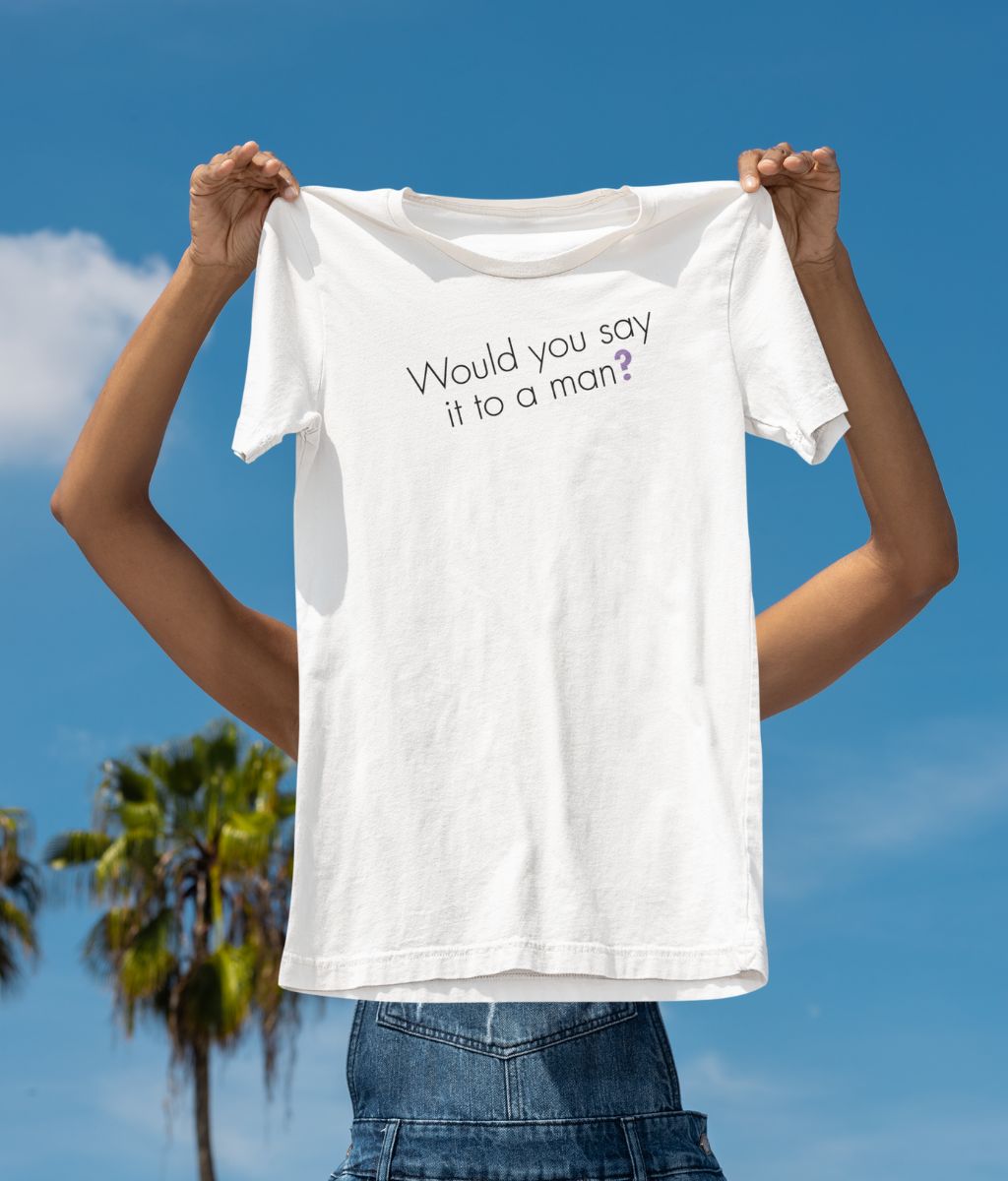
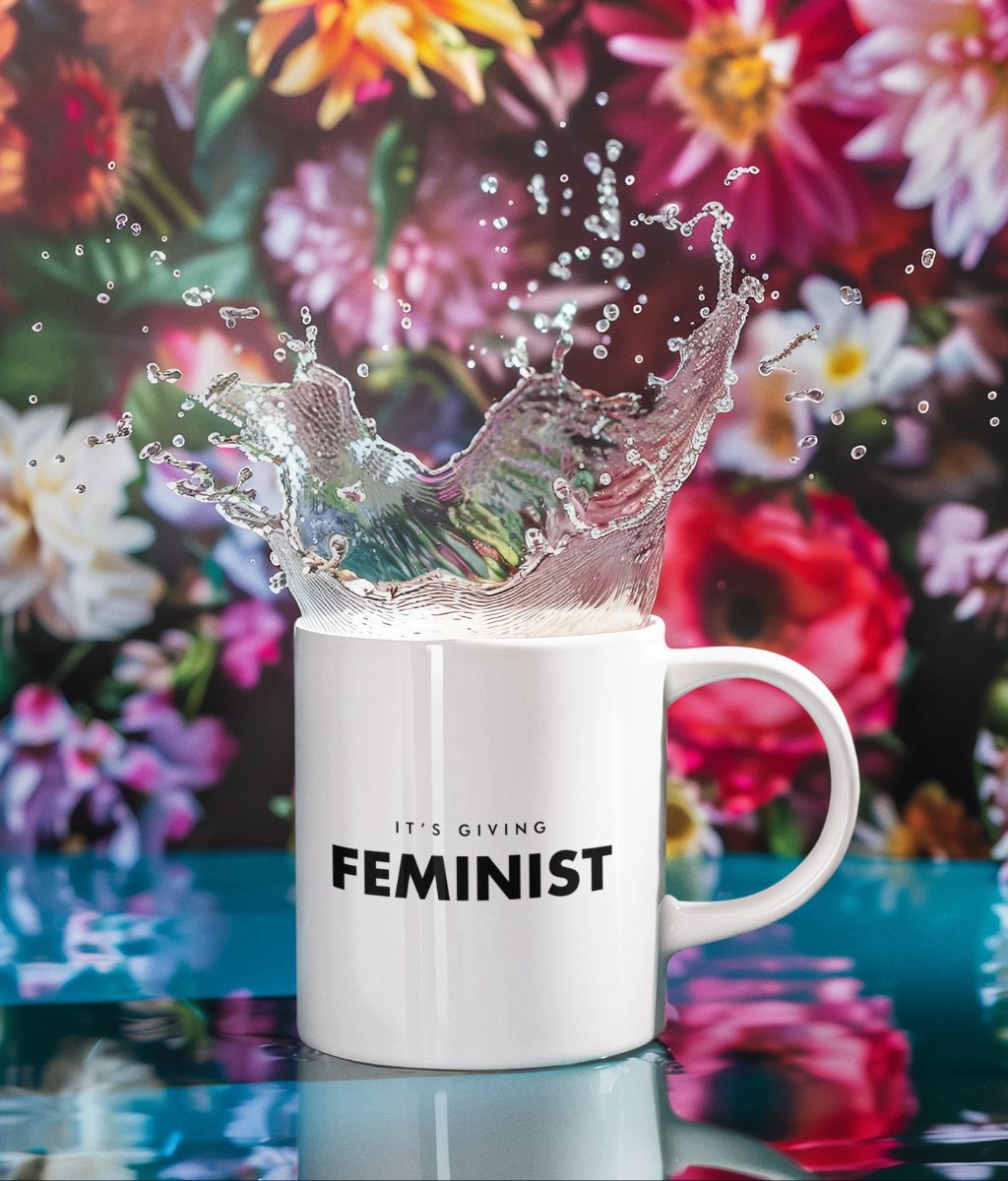

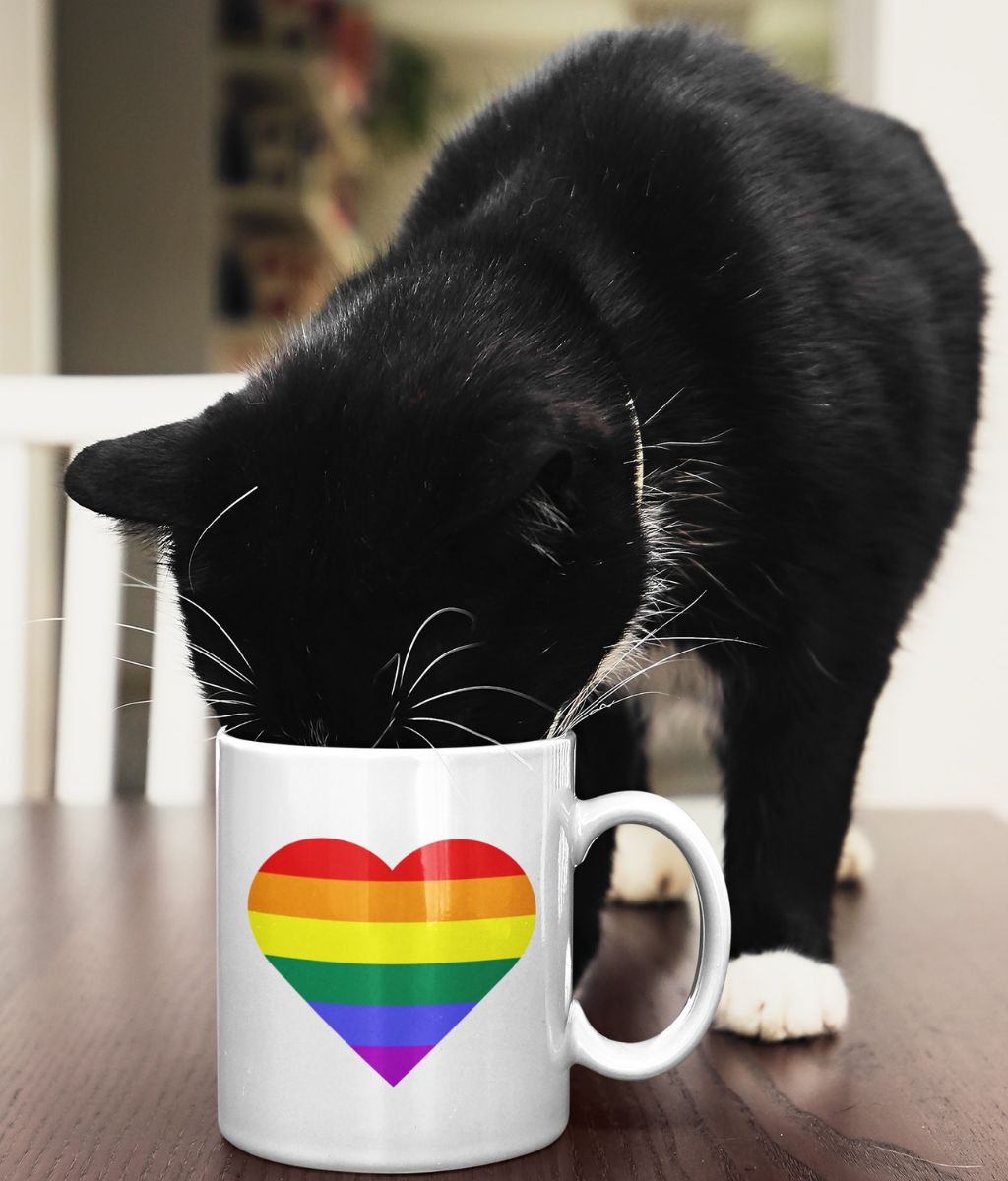
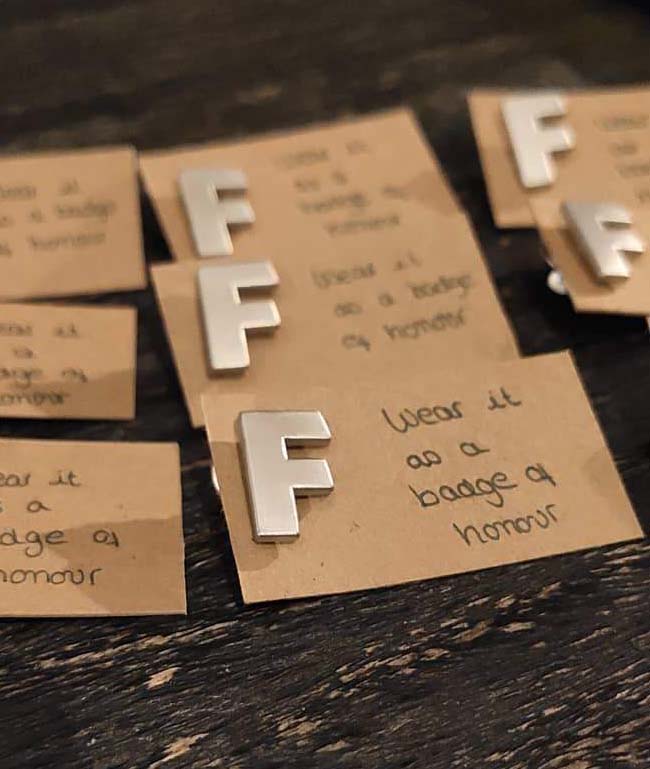
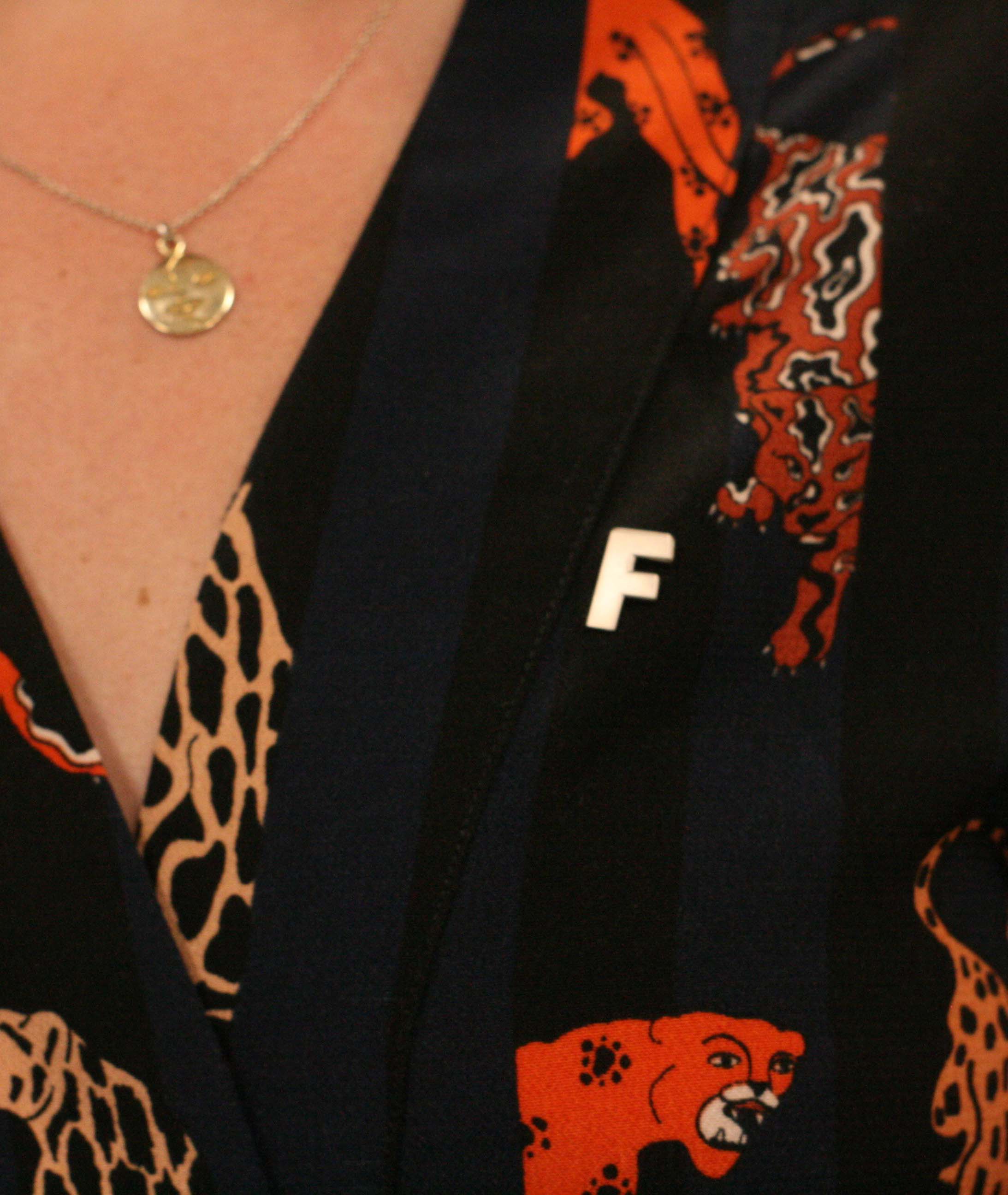
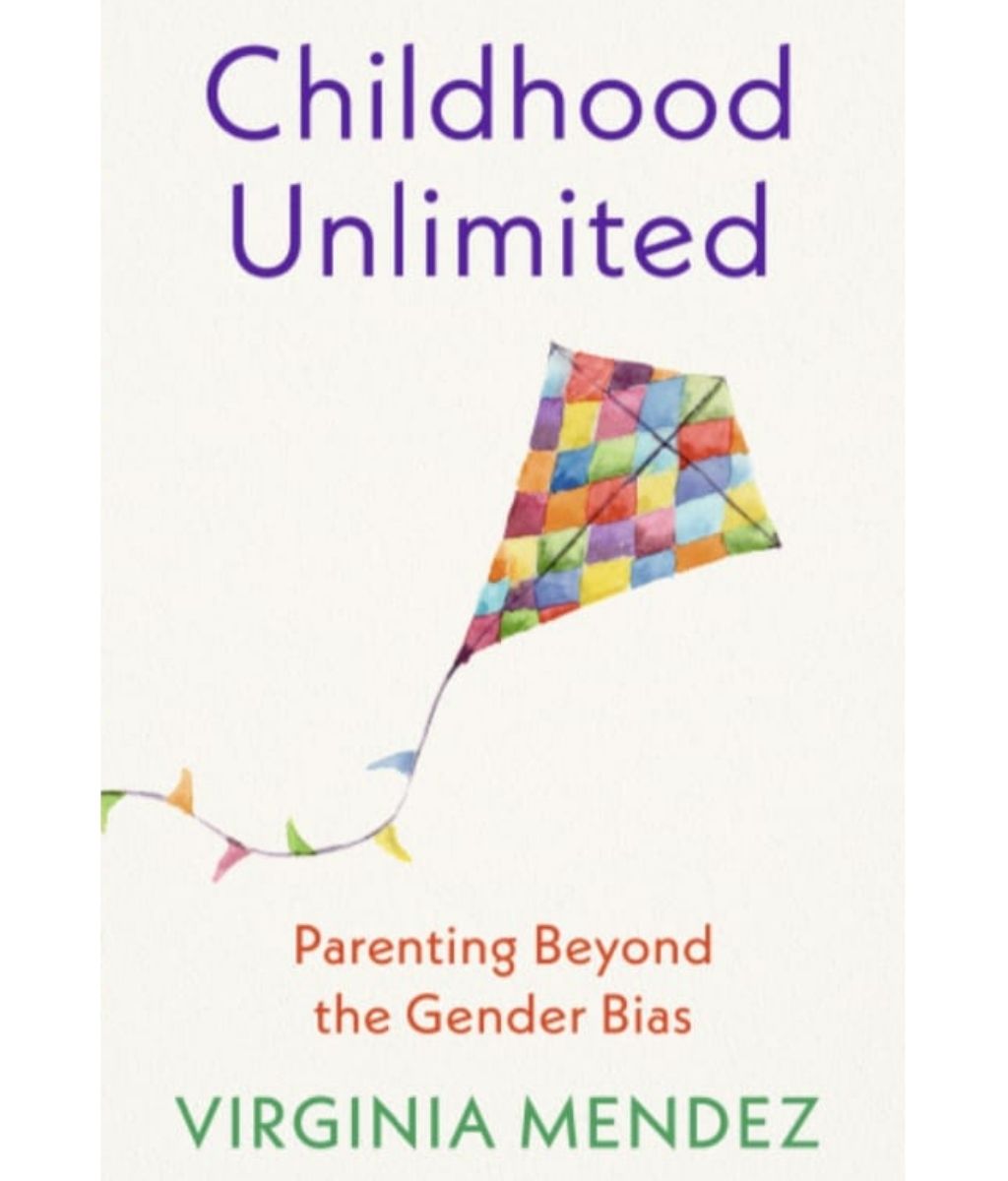
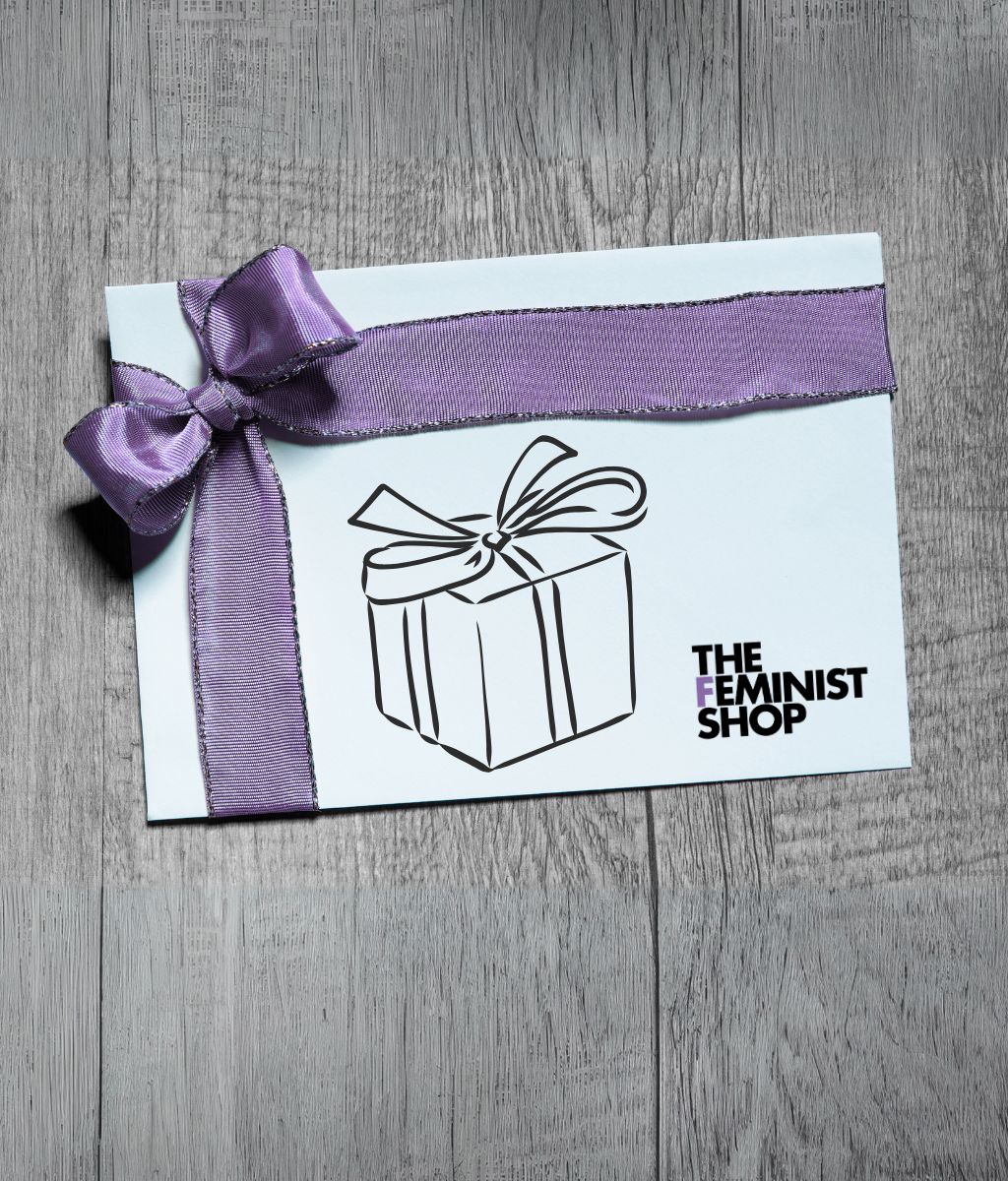
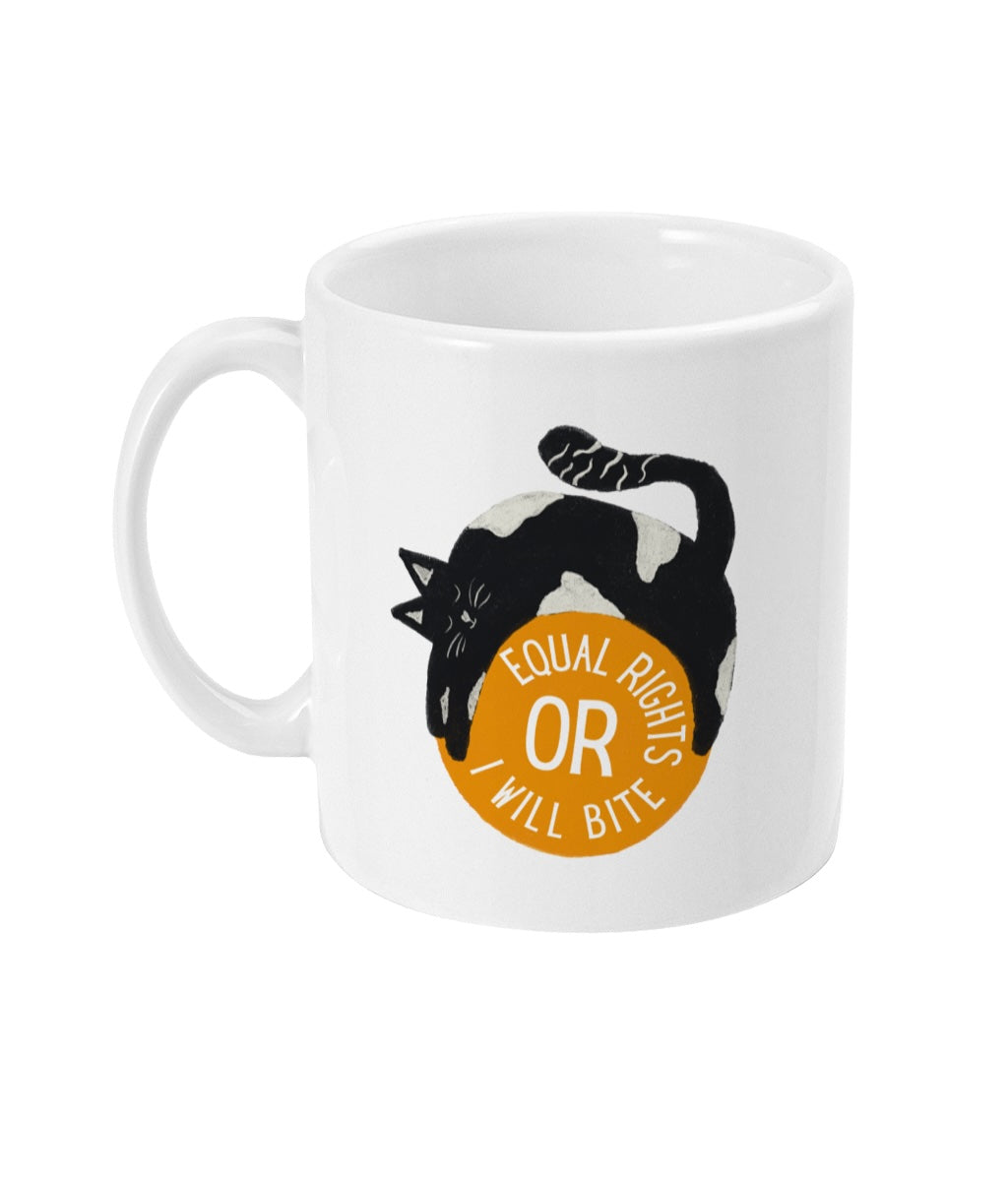
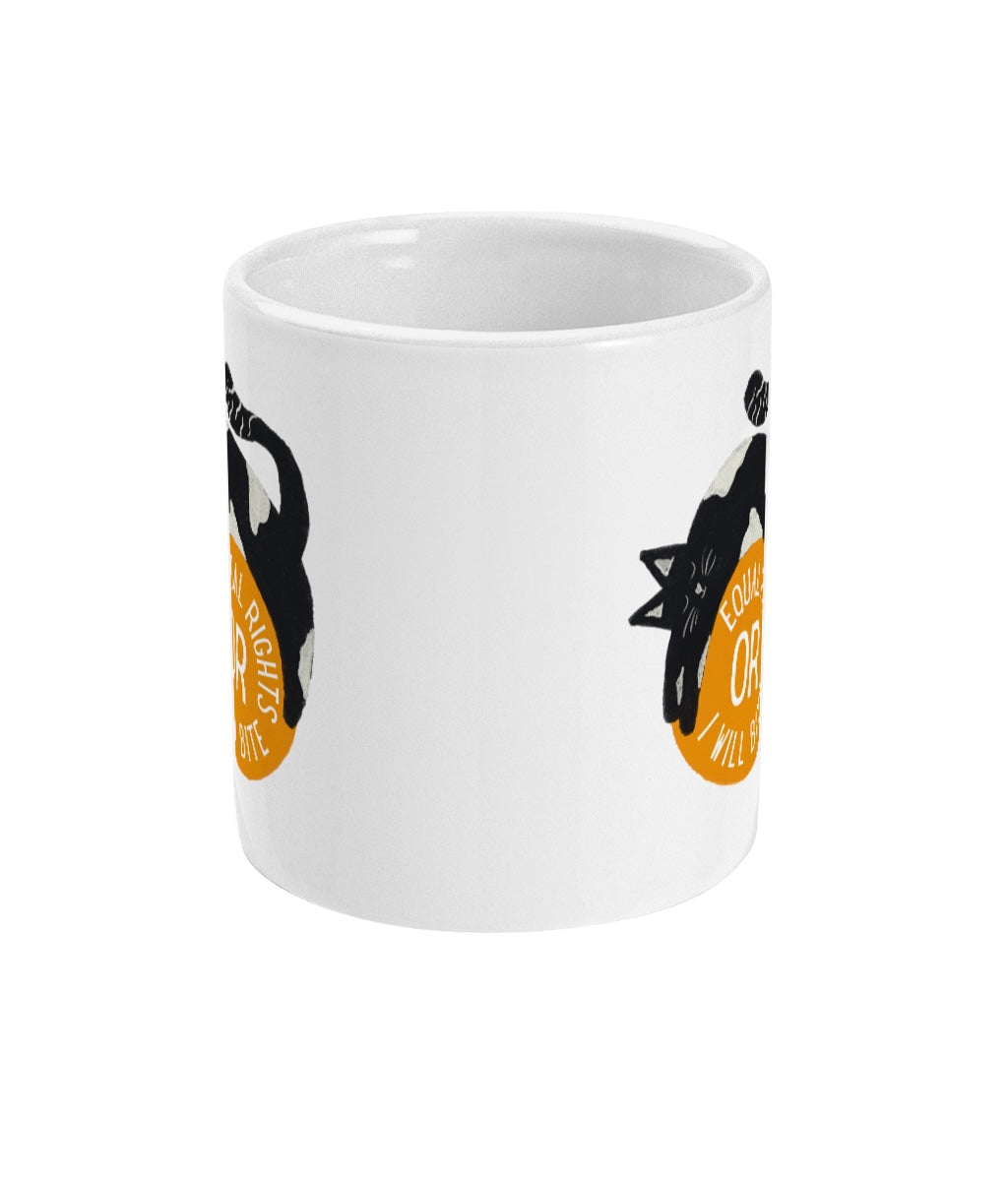
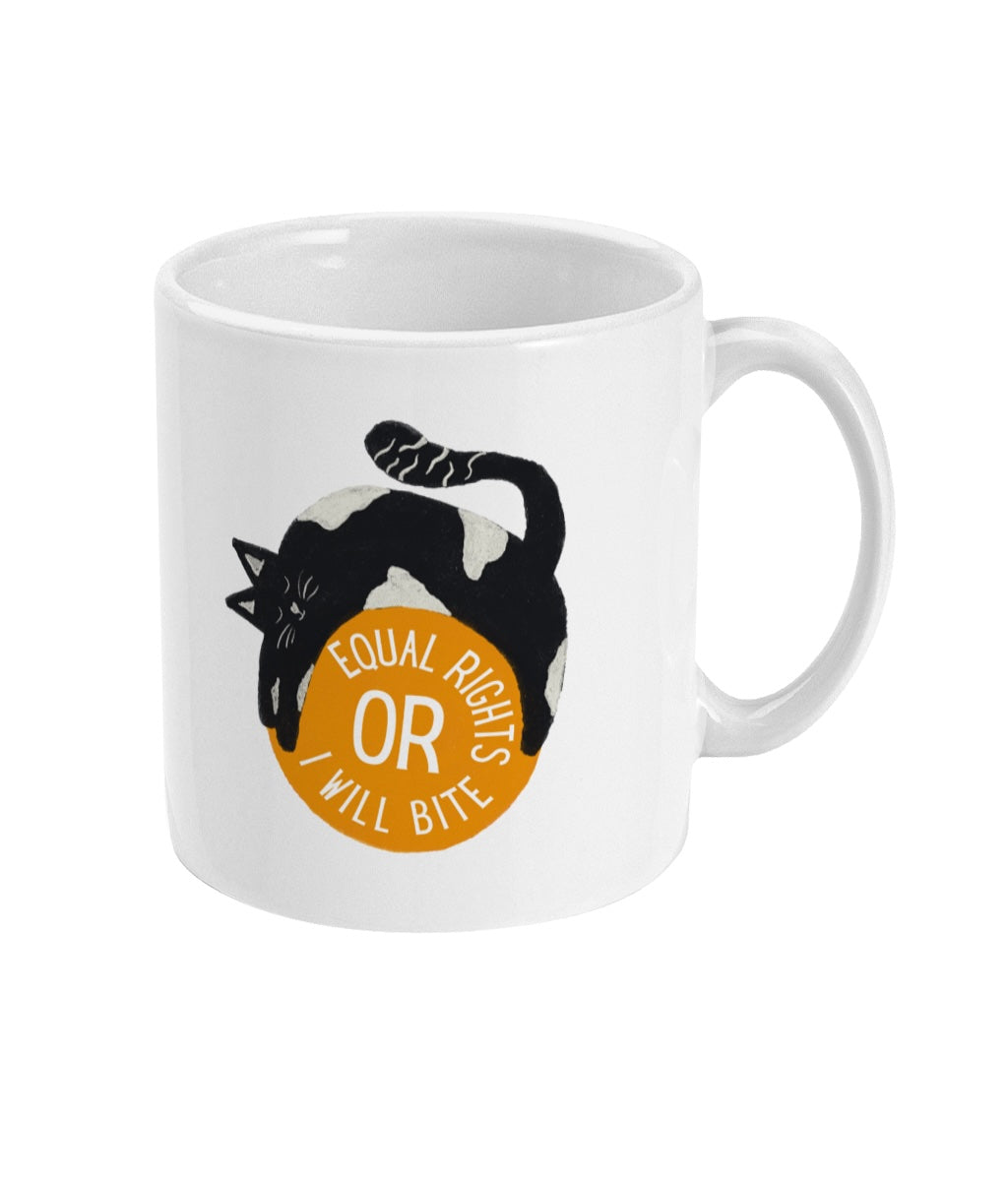
0 comments